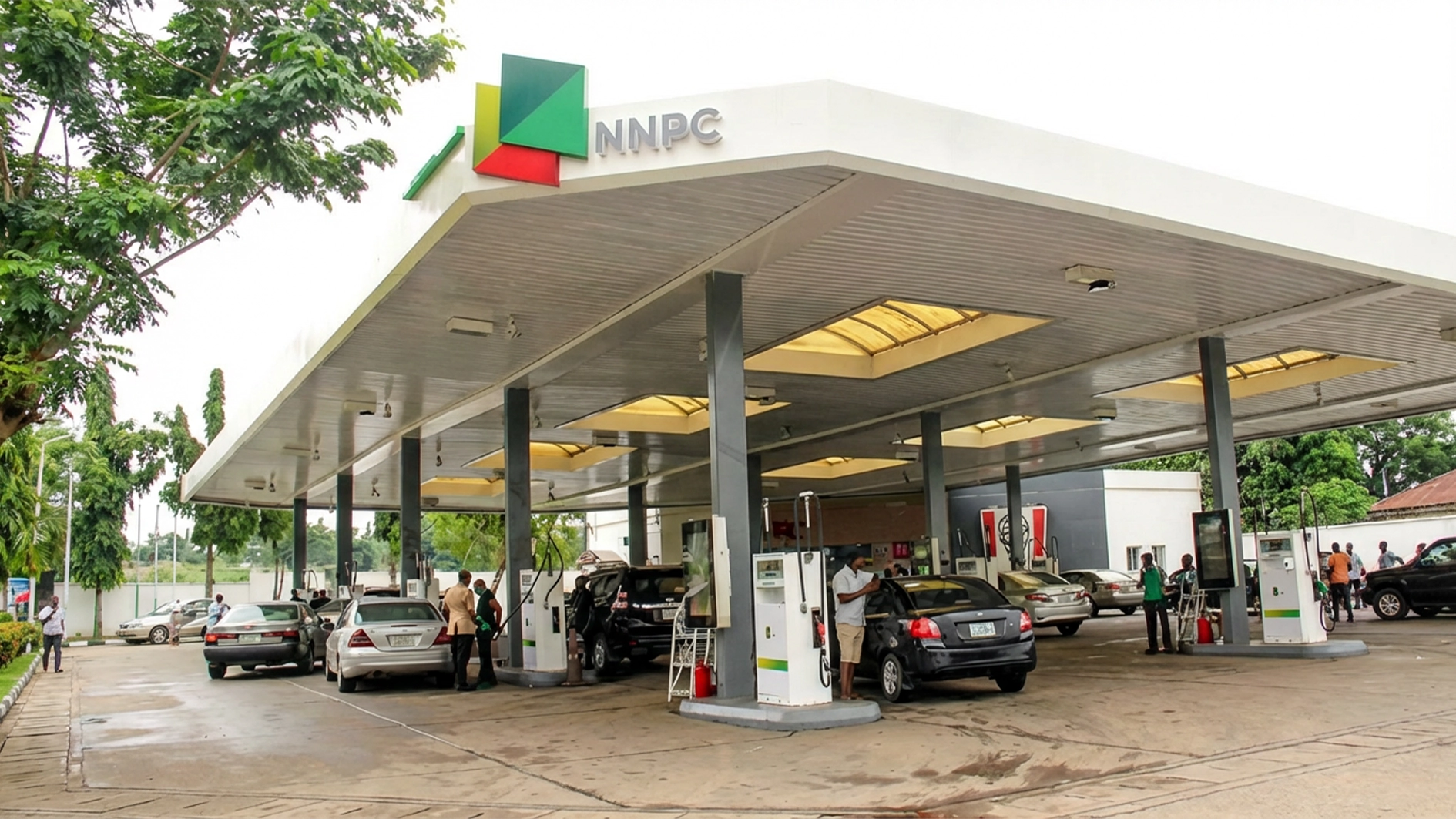Nigeria losing billions in oil revenue due to lack of technology, says Banigbe
Nigeria may have lost over $300 billion in crude oil proceeds to theft, leakages, and systemic corruption over the years, according to an interim report of the Senate ad hoc committee investigating oil theft in the Niger Delta.
The report, presented yesterday by Ned Nwoko (Delta North), laid bare deep-rooted lapses in the management of the nation’s oil and gas sector—including weak enforcement, poor measurement standards, and unaccounted exports that have drained public revenue on an unprecedented scale.
“The findings so far exposed systemic irregularities and inefficiencies that have robbed the country of enormous wealth,” Nwoko told lawmakers while presenting the 40-page report.
The committee’s preliminary assessment pointed to cumulative losses exceeding $300 billion, citing consultant data that identified crude revenue shortfalls of $81 billion between 2016 and 2017, and over $200 billion in unremitted or untracked oil proceeds since 2015.
While lawmakers unanimously described the report as “disturbing” and “eye-opening,” sharp disagreements arose over the committee’s proposal to “track, trace, and recover” stolen crude oil and proceeds. Abdul Ningi (Bauchi Central), commending the committee’s work, warned against overstepping legislative limits.
“We can track and trace, but recovery is beyond the powers of the Senate. That function belongs to the Economic and Financial Crimes Commission (EFCC) or Independent Corrupt Practices and other Related Offences Commission (ICPC),” he said.
Solomon Adeola (Ogun West), Chairman of Appropriations, supported Ningi’s position, stressing that the Senate must stay within its constitutional oversight boundaries.
“The committee should provide names, figures, and locations, but recovery is an executive responsibility,” he said.
Former Accountant-General of the Federation, Ibrahim Dankwambo (Gombe North), called for a forensic, well-by-well and rig-by-rig audit to expose all actors involved — from companies and individuals to illegal refineries.
“This is not a simple theft problem; it is a complex network of collusion and concealment,” he added. To address the crisis, the committee recommended that the Nigerian Upstream Petroleum Regulatory Commission (NUPRC) enforce international crude measurement standards across all production and export sites.
It also urged the Federal Government to deploy modern surveillance systems, including unmanned aerial vehicles (UAVs), to monitor pipelines and coastal operations, and to establish a Maritime Trust Fund to boost maritime safety.
The report further advised the creation of special courts for the speedy prosecution of oil thieves, the full enforcement of the Host Communities Development Trust Fund under the Petroleum Industry Act (PIA), and the reassignment of abandoned wells to the NUPRC for proper utilisation.
ALSO, Nigeria is losing billions of dollars in oil revenue and barrels of crude oil due to the lack of deployment and adoption of technology for monitoring and surveillance, the Chief Executive Officer (CEO), CPAAT Consulting, Folarin Banigbe, has said.
Banigbe disclosed this during an event to announce the first edition of CIO Retreat on Transforming Nigeria’s Oil and Gas Sector with Smart Technology in Lagos.
The event, which is slated from November 7 to 9, 2025, in GRA, Ikeja, Lagos, is themed, ‘Transforming the Oil and Gas Sector with Smart Technology.’
The Chief Technology Officers (CTOs) and Chief Information Officers (CIOs) in Nigeria will gather in Lagos to discuss the use of technology to transform the Nigerian oil sector, monitor output and security.
The retreat being organised by CPAAT Consulting will discuss the deployment of technology to monitor oil leaks to safeguard the environment, output and others.






